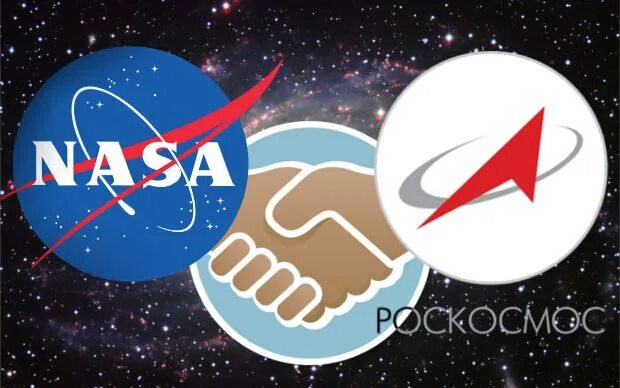Moscow, July 29, 2025 — Space, often seen as humanity’s final frontier, also serves as a persistent arena for Earth-bound diplomacy, even when geopolitical currents run turbulent. In a significant announcement from Roscosmos, it has been confirmed that Dmitry Bakanov, head of the Russian State Space Corporation, will engage in pivotal negotiations with Sean Duffy, the acting administrator of NASA, on July 31st. This meeting marks a crucial resumption of direct, top-level dialogue between the two space titans, a dialogue that has remained largely silent since 2018.
The planned discussions underscore the enduring, albeit sometimes strained, necessity for cooperation in the challenging vacuum of space. While terrestrial affairs may occasionally orbit a little too close to chaotic, the International Space Station (ISS), thankfully, prefers a more predictable trajectory, demanding persistent collaboration.
The Agenda: Critical Crossroads for Space Exploration
According to Roscosmos`s press service, the forthcoming talks are expected to delve into several critical aspects of current and future joint space endeavors. Bakanov himself outlined the key topics:
- Continuation of Cross-Flight Programs: These programs facilitate integrated crews on Soyuz and Crew Dragon capsules, ensuring mutual backup and operational flexibility for the ISS. In essence, it`s about not putting all your eggs in one, or even two, baskets, ensuring human presence on the station remains uninterrupted, regardless of launch vehicle availability. It`s a rather pragmatic approach to risk mitigation, even if it does involve trusting your multi-billion dollar asset to a former competitor`s rocket.
- Extension of International Space Station (ISS) Operations: The venerable orbiting laboratory is showing its age, but its scientific output and symbolic value remain immense. The current operational plan extends to 2030, but discussions on further extensions, or the meticulous planning for its eventual decommissioning, are always on the table. Extending its lifespan requires sustained commitment and considerable investment from all partners, a testament to its irreplaceable role in microgravity research.
- Future Safe Deorbiting and Controlled Splashdown of the ISS: This is arguably the most technically complex and internationally sensitive item on the agenda. The ISS, a structure roughly the size of a football field and weighing over 400 tons, cannot simply be allowed to fall uncontrolled from orbit. A controlled descent and splashdown in a designated oceanic “graveyard” is paramount to prevent debris from impacting populated areas. The joint Russian-American working group dedicated to this task will report on its progress. It`s a monumental engineering challenge, requiring precise calculations and synchronized efforts, a stark reminder that what goes up must eventually, and safely, come down.
A Legacy of Collaboration Amidst Friction
The history of U.S.-Russian space cooperation is as long and winding as a rocket`s exhaust plume. From the symbolic handshake in orbit during the Apollo-Soyuz Test Project in 1975, through the Shuttle-Mir program, to the construction and maintenance of the ISS, the two nations have repeatedly demonstrated that the cosmos can transcend terrestrial disputes. The ISS itself is a shining example of this, a truly international endeavor built brick by orbital brick by diverse nations.
However, the past seven years have seen a notable reduction in high-level exchanges, mirroring broader geopolitical tensions. The fact that this meeting is happening at all, particularly with a focus on such vital operational and safety concerns as ISS deorbiting, speaks volumes about the shared recognition that some matters are simply too critical for political estrangement.
Looking Ahead: A Glimmer of Continued Unity?
The July 31st meeting offers a glimpse into the potential for renewed stability and collaboration in space. While the immediate focus is operational — keeping the ISS safe and functional, and eventually, bringing it down safely — these discussions inevitably lay groundwork for future projects.
“We plan to discuss the continuation of cross-flight programs, the question of extending the operation of the International Space Station, as well as the activities of the Russian-American working group on the future safe deorbiting of the ISS and its splashdown in a designated area of the ocean,” the Roscosmos press service quoted Dmitry Bakanov as saying.
Whether this high-level engagement signals a broader thaw in relations or merely a practical necessity for managing shared orbital assets remains to be seen. What is clear, however, is that for the sake of scientific advancement and the safety of the planet, some lines of communication must simply remain open, even if they are only for discussing the final, glorious, fiery end of a truly international endeavor.








